In the first part of our interview with Jesse Colin Young, the singer-songwriter talked about his early years as a solo artist and the heyday of the Youngbloods (of “Get Together” fame), the band he led from the mid-’60s until their split in 1972. Following the group’s demise, Young, born Nov. 22, 1941, embarked on a solo career that found him releasing such classic upbeat albums as Song for Juli, Light Shine and Songbird. He dropped off the charts after the ’70s but continued to perform and release new material, some of it quite excellent, until 2006, when his discography suddenly stopped growing.
Now we know why. Young had contracted Lyme disease, which he’d apparently had for years but went undiagnosed until 2009. The debilitating illness kept him out of the game and, adding to his woes, in 1995 his house in his beloved Marin County, California, burned down, leading to Young moving from the area he’d called home since the late ’60s. He and his family, including his wife Connie, son Tristan and daughter Jazzie (all of whom were involved in his 2019 album), settled in Hawaii, where Jesse tried a completely new line of work, becoming a coffee farmer.
Today the Youngs live in South Carolina and Jesse is back on the road with the assistance of Tristan, who leads Jesse’s new band composed of musicians Tristan met at the Berklee College of Music. Dreamers, on the BMG label, is Jesse Colin Young’s first album of new material in more than a dozen years. We spoke to him in 2019 about the album and the circumstances behind its inception.
Best Classic Bands: How does Dreamers differ from your earlier solo albums, like 1973’s Song for Juli?
Jesse Colin Young: Song for Juli was looking forward. This [new] album is looking backward. A lot of the songs on this record are yearning for things and calling for things to happen that haven’t happened yet.
Would you agree that Song for Juli is the solo album that most people know?
Juli was probably the most popular. I was listening to a lot of jazz and I had met [saxophonist/clarinetist] Jim Rothermel and my keyboard player Scott Lawrence. I took a year to make that album. I had just built a studio. I recorded the album Together in that studio, which was kind of an acoustic album, and Scott and my drummer Jeff Myer were on that record. I played bass and acoustic guitar and [guitarist] Eddie Ottenstein came in and played on a couple things. “Ridgetop” was the first song I wrote for the album. The songs on Song for Juli really came from a time; they’re about living in the country and having young children.
Watch Jesse perform “Ridgetop” in 1976
You were so closely associated with that country lifestyle and wrote many songs about your life there. What was it like for you emotionally when your house burned down and you decided to leave California and grow coffee in Hawaii?
It was traumatic for the whole family. Tristan was only four and Jazzie, luckily, was only one. It blew me away. I think that’s when Lyme disease started to climb on and kick my ass. But what a place to go to heal. The boy from Queens learned to be a farmer. It took me a long time though. One of my doctors said, “You have PTSD.” People get it from car crashes or when their house burns down? Yeah! I remember when we had just moved to Hawaii one of my neighbors was burning his garbage and just the smell of smoke, with plastic—it freaked me out. I ran down there and said, “My house just burned down. Could you guys not do that?” The dump was only a half a mile down the road and it was free.
Dreamers is your most topical album ever; several of the songs could have been ripped right out of the news. Why did you write these songs?
I had to write these songs. We’re in a serious struggle and it was just on my mind. I’ve always let songs just kind of come but yes, this is probably the most political album I’ve ever made. I was thinking all these things need to be talked about so I went after it. (Read the lyrics from all of the songs on Dreamers here.)
You wrote “Lyme Life,” on the new album, about your own experience with the illness.
There’s lot of ugly stuff that happens to you when you get Lyme disease and I do have some dark feelings, but I had to keep [the song] about what needs to be done.
How did the Lyme disease affect your performing and your songwriting?
When I say in “Lyme Life” that “the shadow left with me,” that’s kind of what it’s like. It makes you crazy. It makes you paranoid. It increased my anxiety level tremendously. Panic attacks. And no doctor seemed to know. I think I may have had this for 20 or 30 years. I got diagnosed in 2009, and the treatment was difficult at times. Luckily by the time my son Tristan was graduating from Berklee College of Music, I was starting to feel like I was getting better, and when songs started to come, I knew something would happen.
Watch Jesse Colin Young perform “Lyme Life”
So you feel like you’re back on track now?
A couple of the songs that I had written while I was sick were too soft. The energy of this, and the energy of the young band that Tristan put together, made some of those songs not really fit. We just went with the energy.
Now that this album is out, are you going to keep making new music?
Yeah, but at a different pace. I think we have a dream and BMG is part of it. They’re also creating a video of “Get Together” with different singers singing. It’s the 50-year anniversary. I hope that comes to pass. It will take a little doing. I’d love to be involved in it. I don’t think we’ll be able to get everybody in one place at one time, so we may have to kind of patch it together. But we’ve already cut the track so we’re ready to go on that. I’m hoping to play some festivals this summer and maybe a tour in the fall.
Watch the video of “For My Sisters” from the Dreamers album

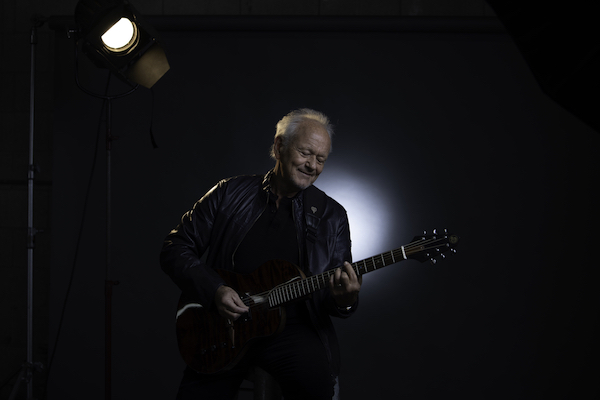
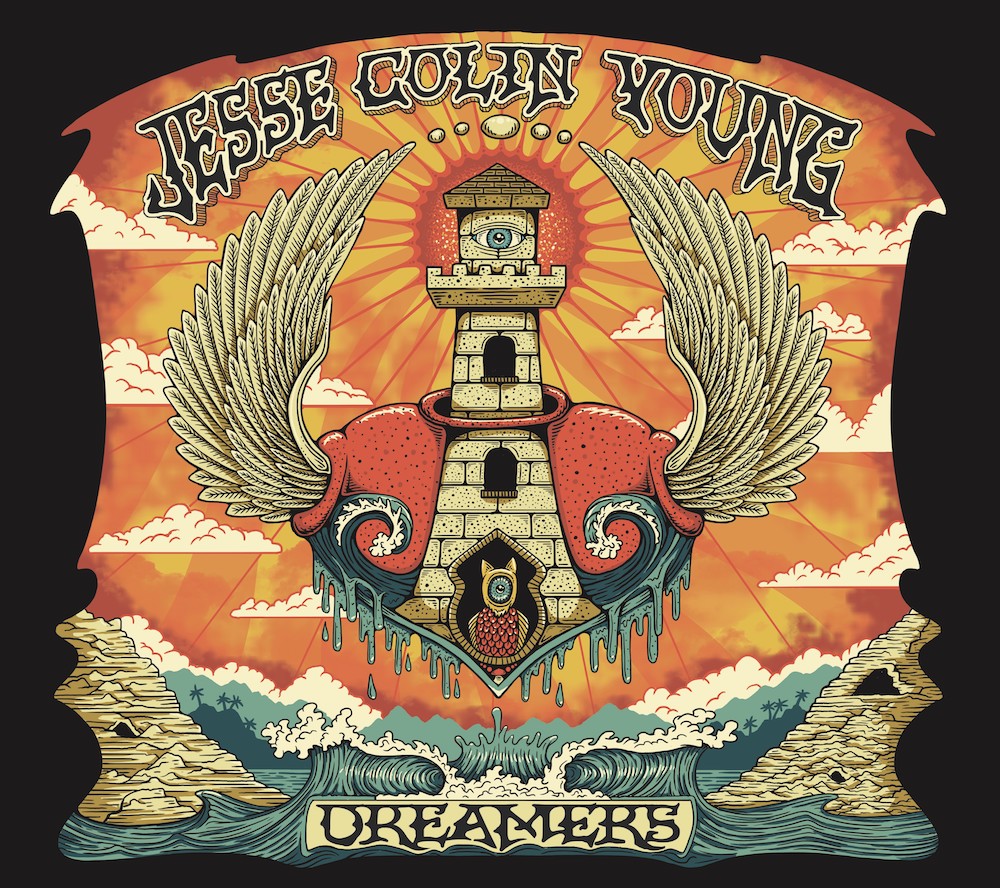
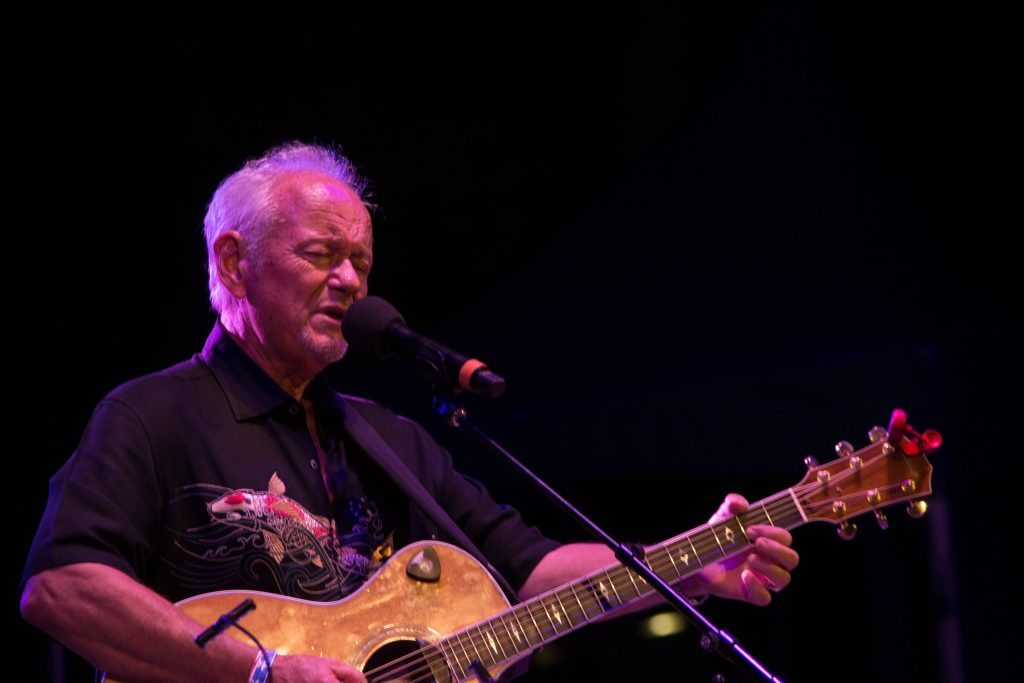

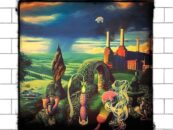
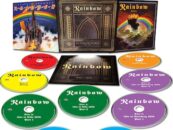
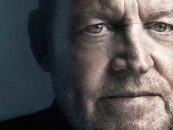


3 Comments so far
Jump into a conversationim going to quit reading interviews w/artists until they quit yapping about politics. it’s not what we pay them to do.
Politics has been a part of music and art since there has been music and art (and politics). Of course it’s your choice not to read an interview or listen to an artist, but it’s very much their choice what they decide to say in their music or in an interview.
Bob Dylan, John Lennon, Jerry Garcia, Jesse Colin young, Paul Simon, and on and on and on. It’s very difficult to listen to modern music That has not been influenced by politics. Wake up. The voice of musicians is the voice of the people. I love it, listen, feel it, Enjoy.